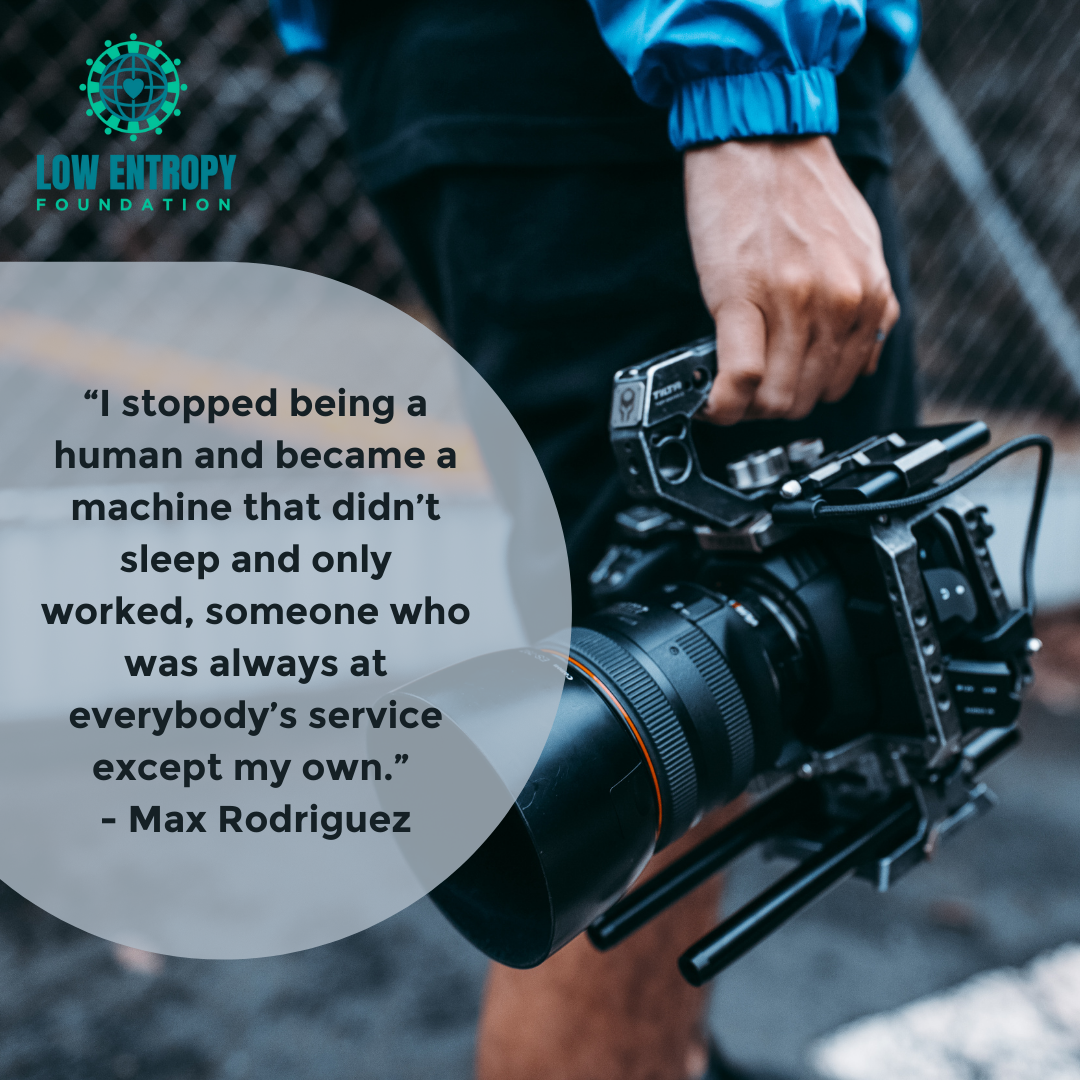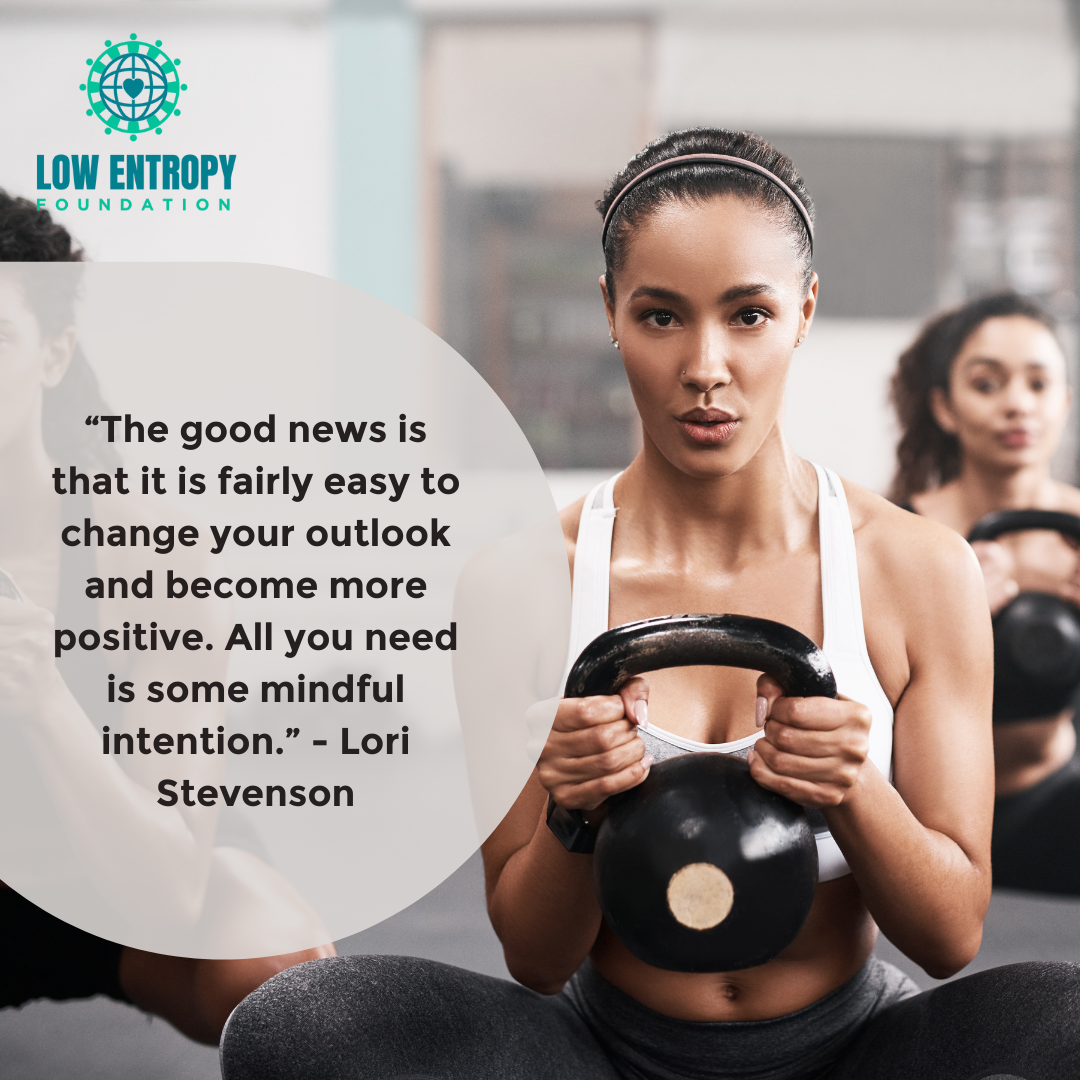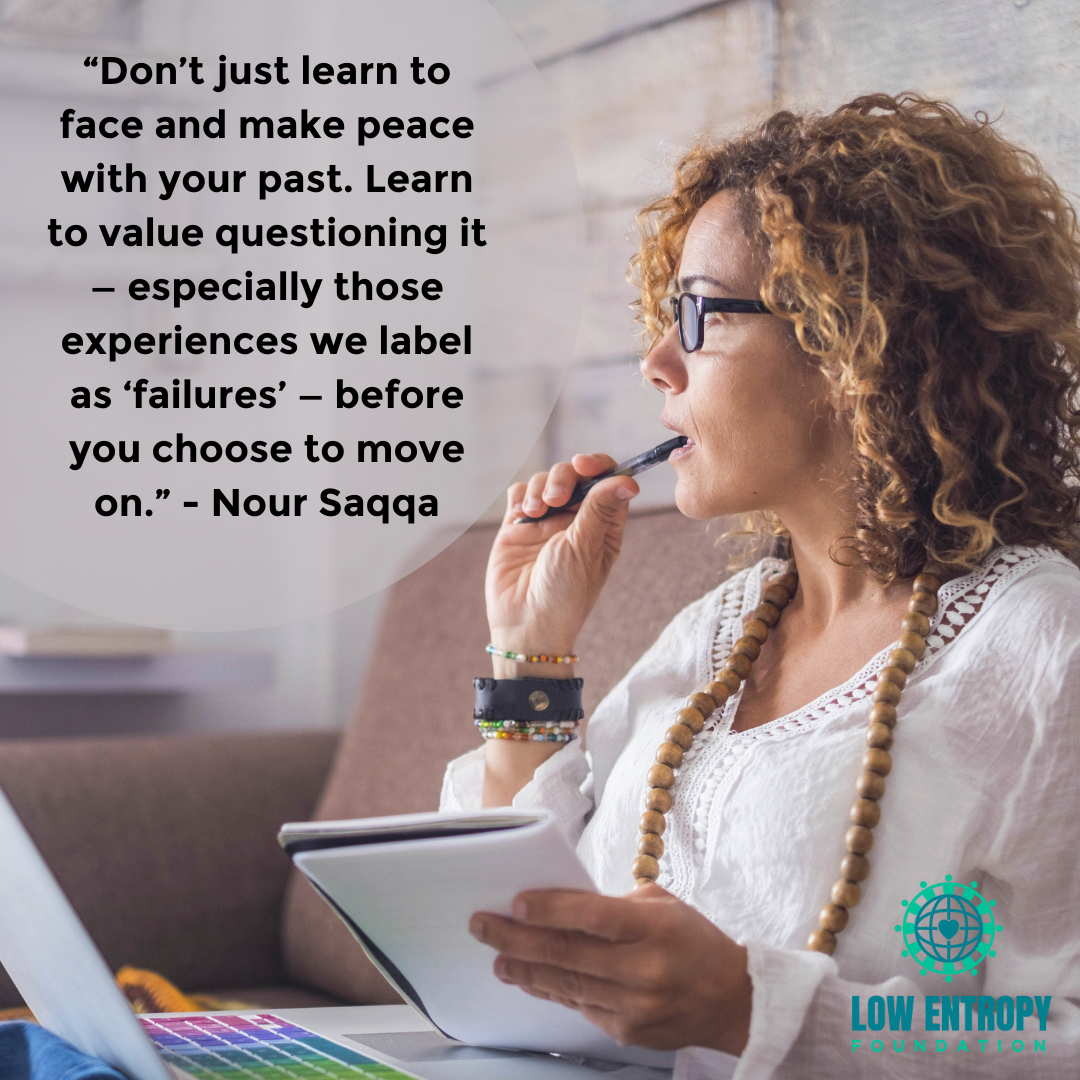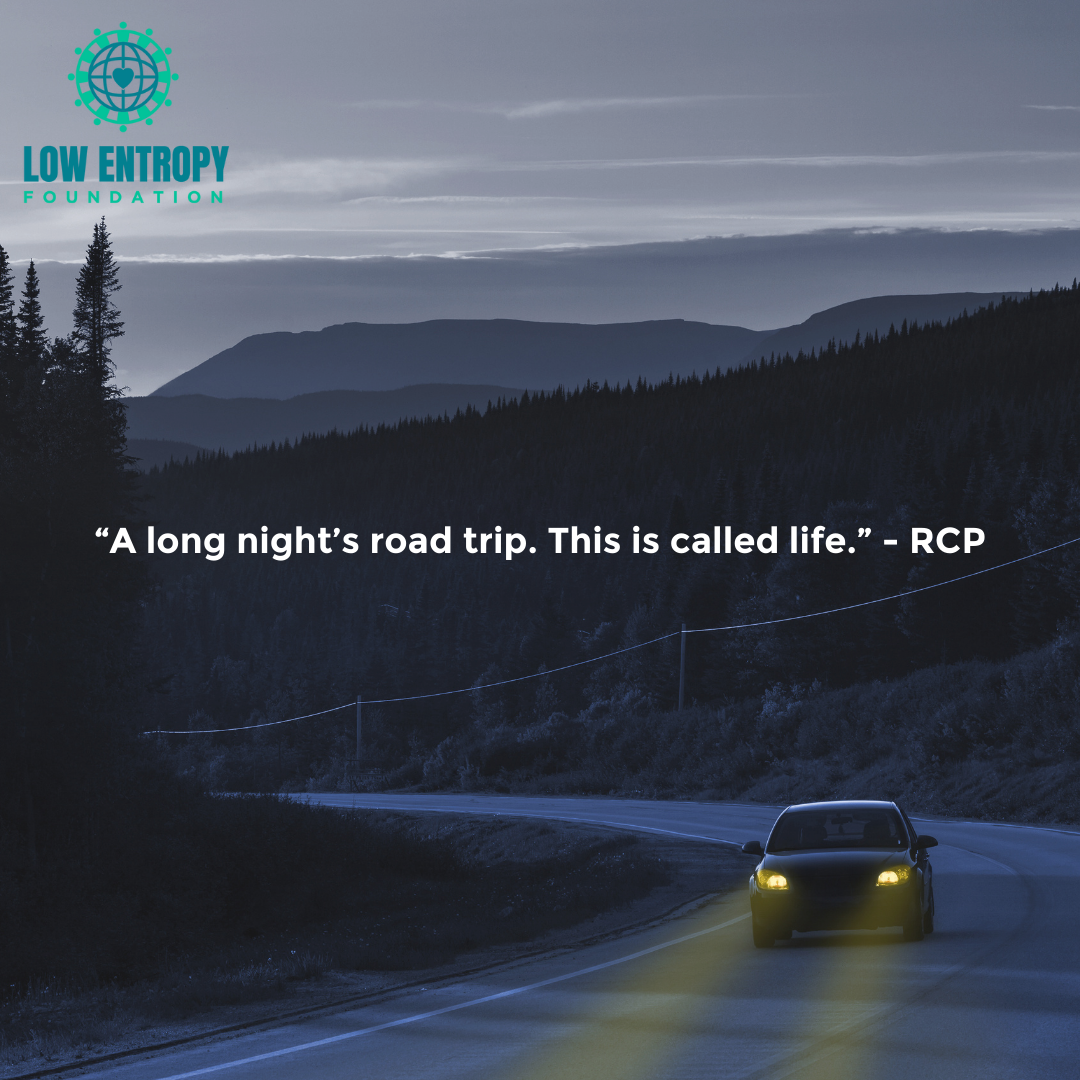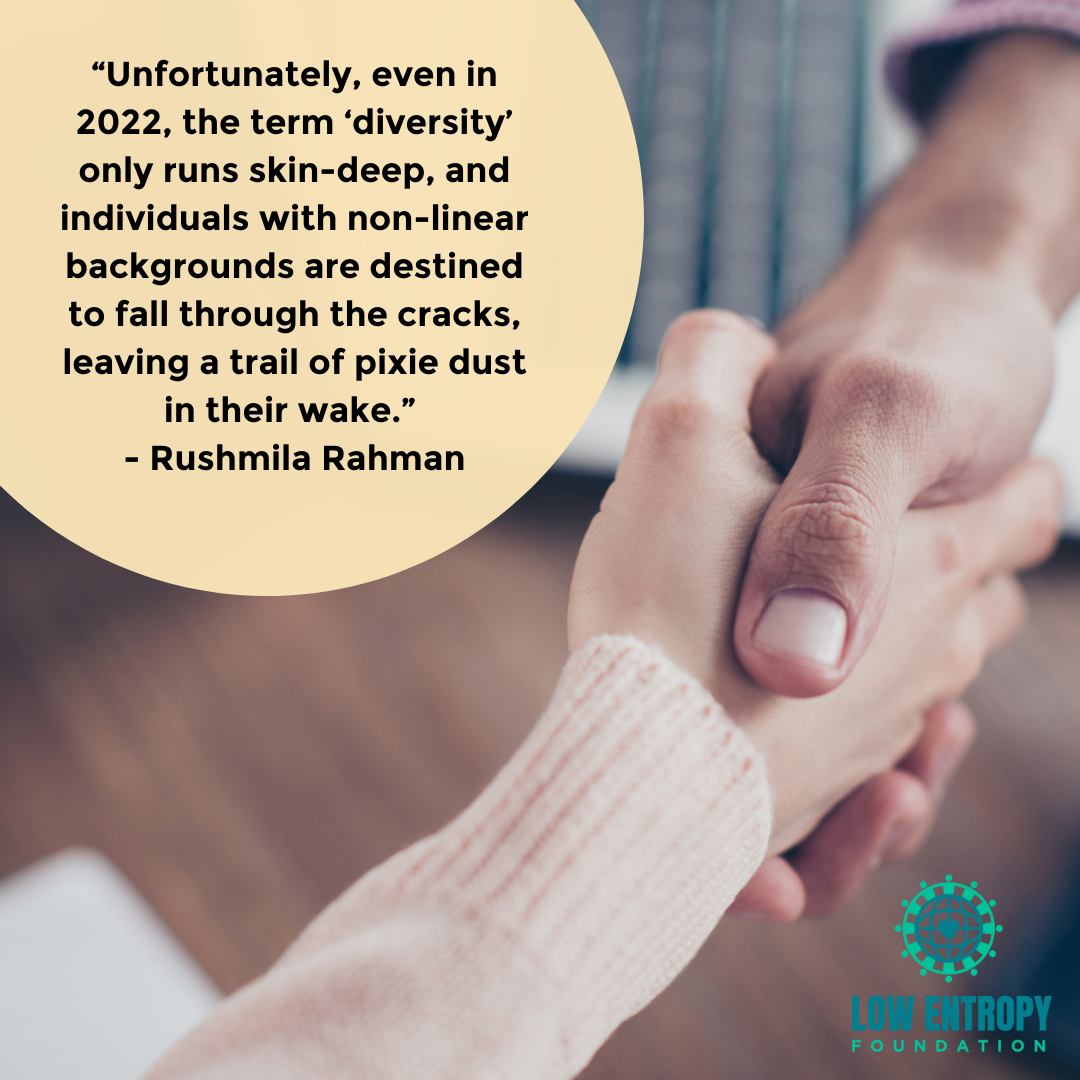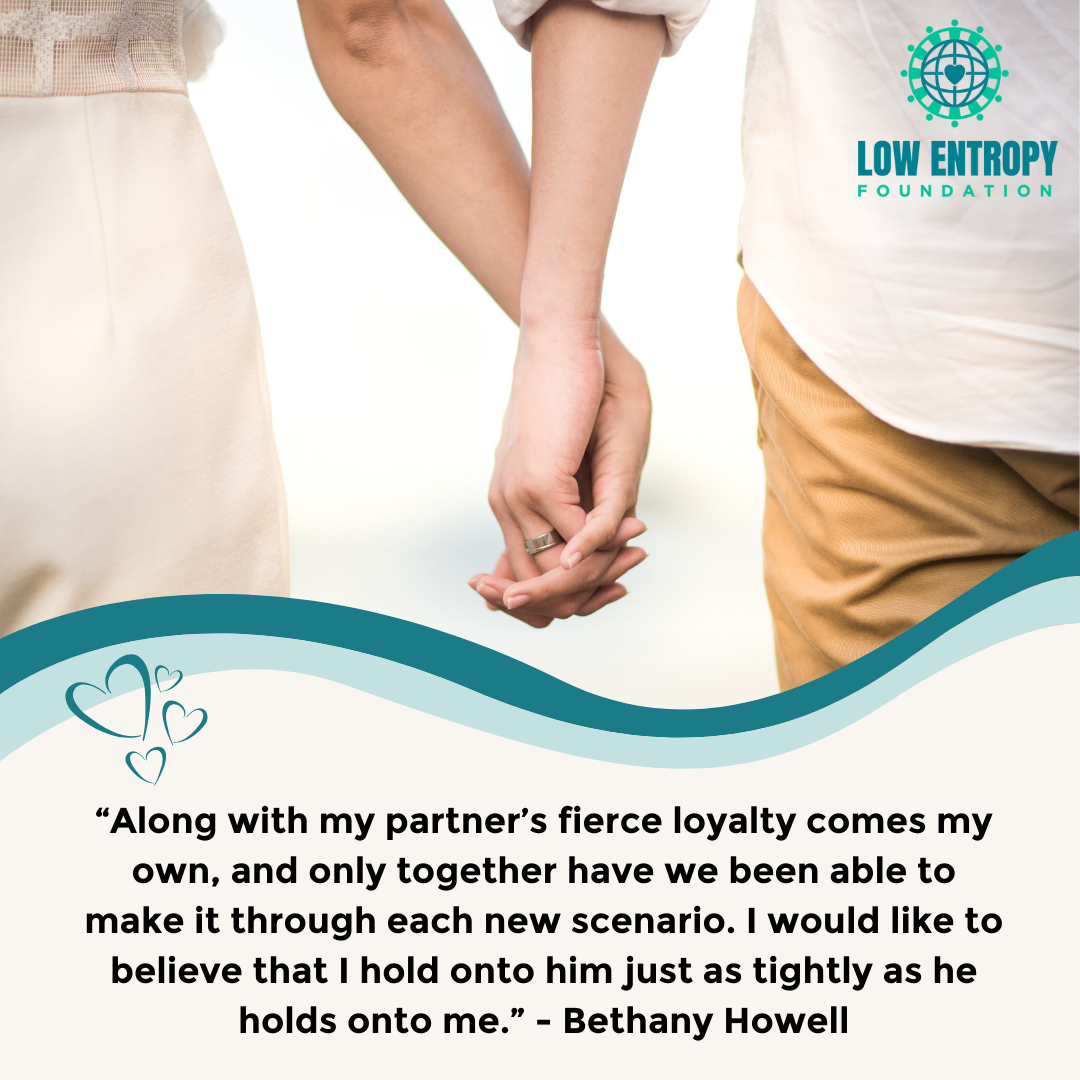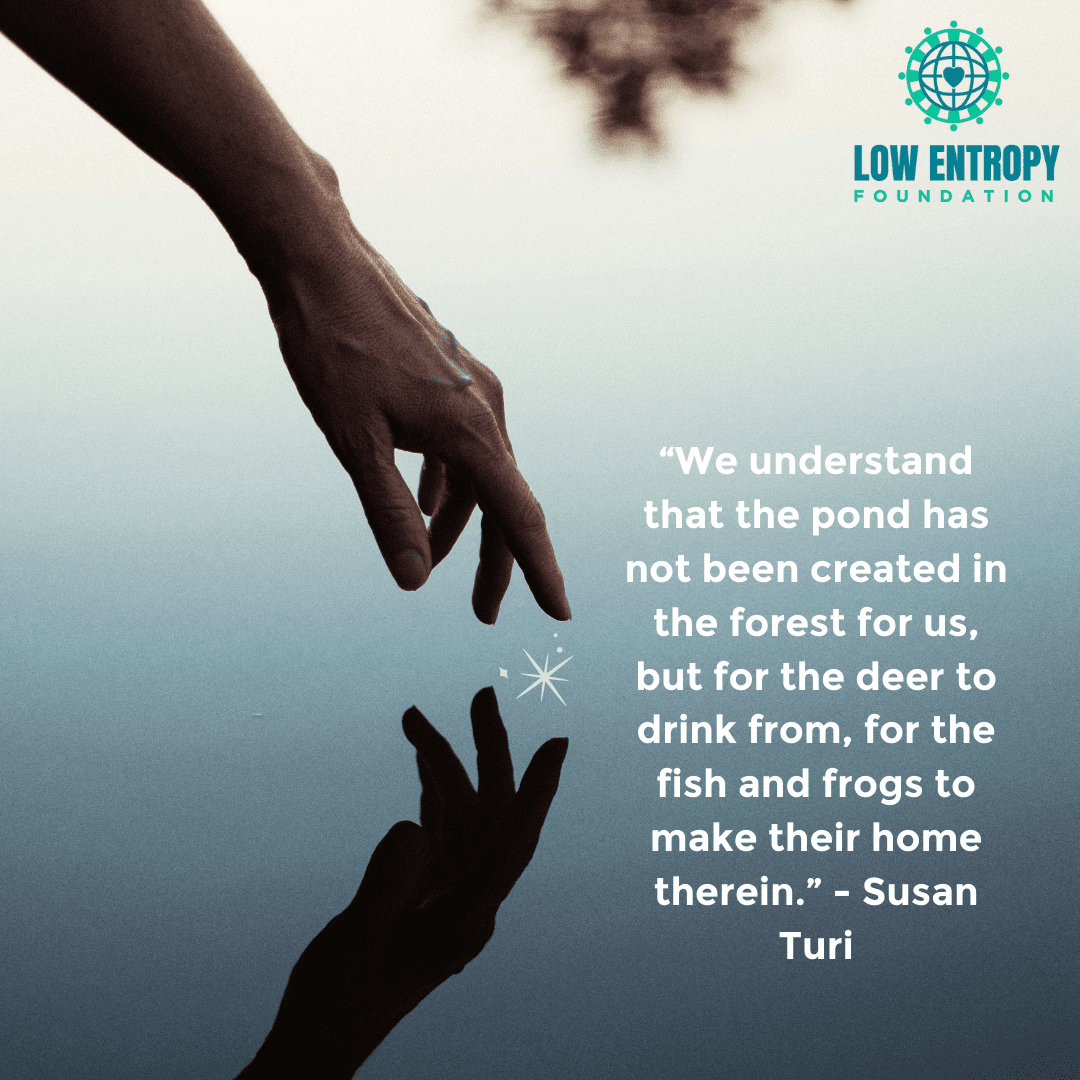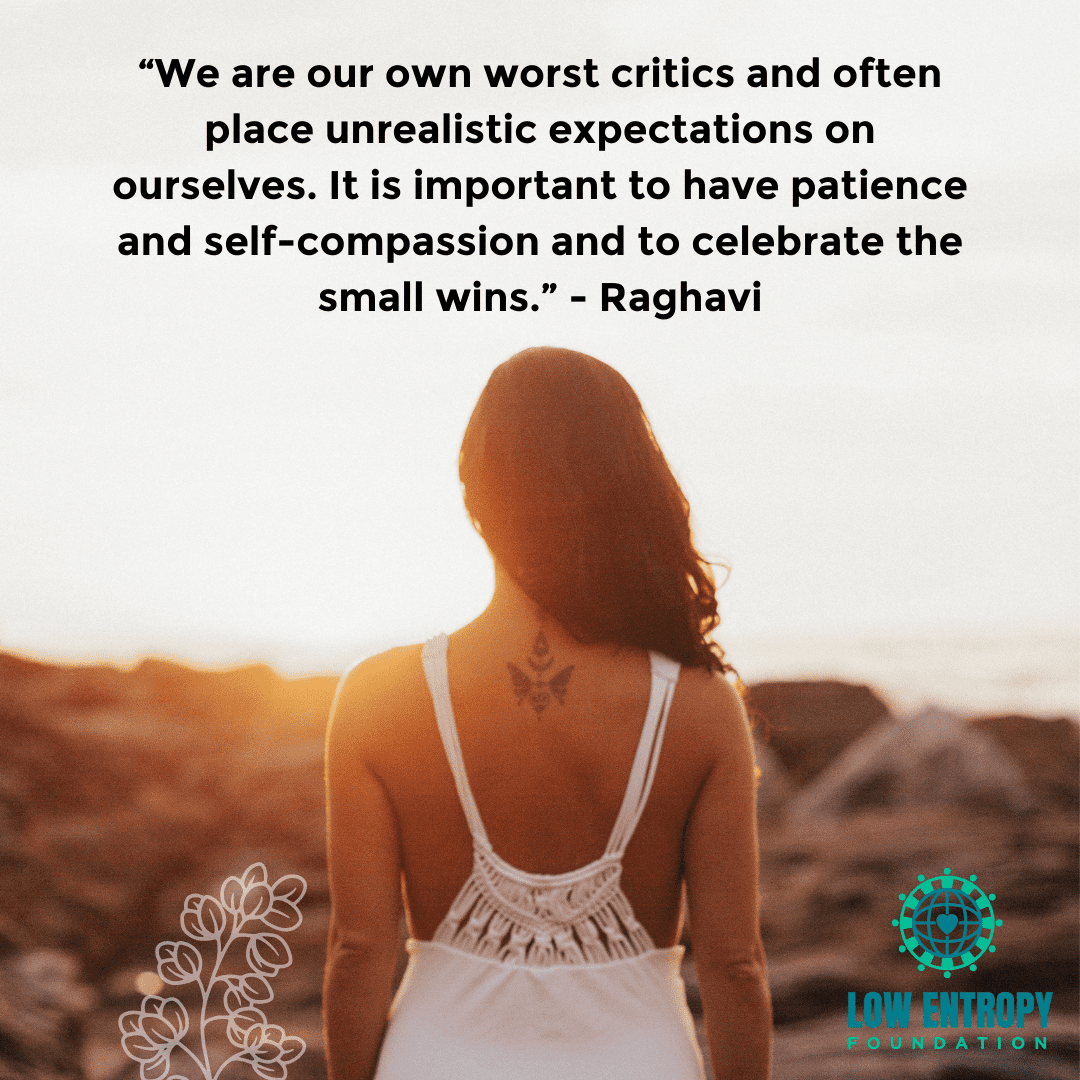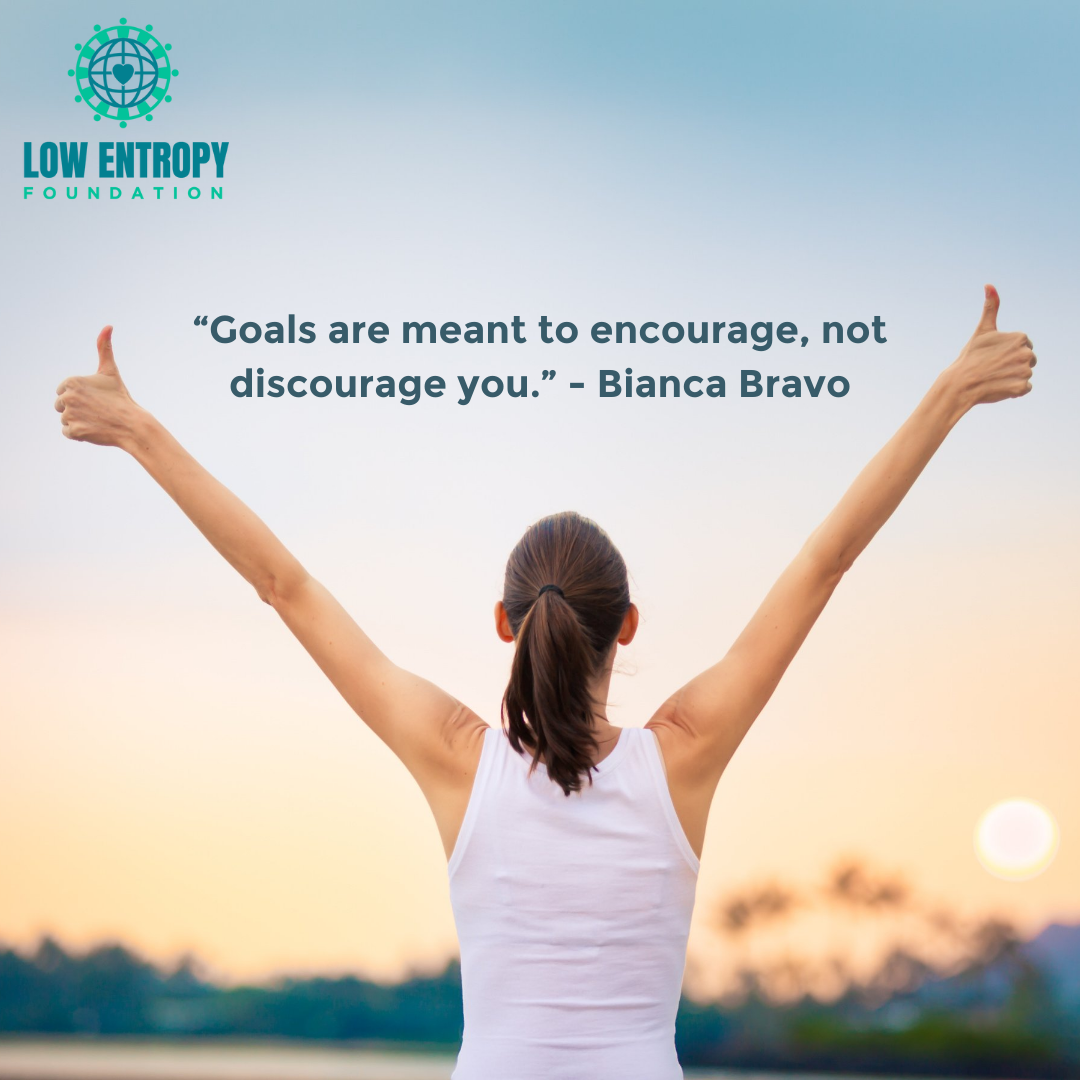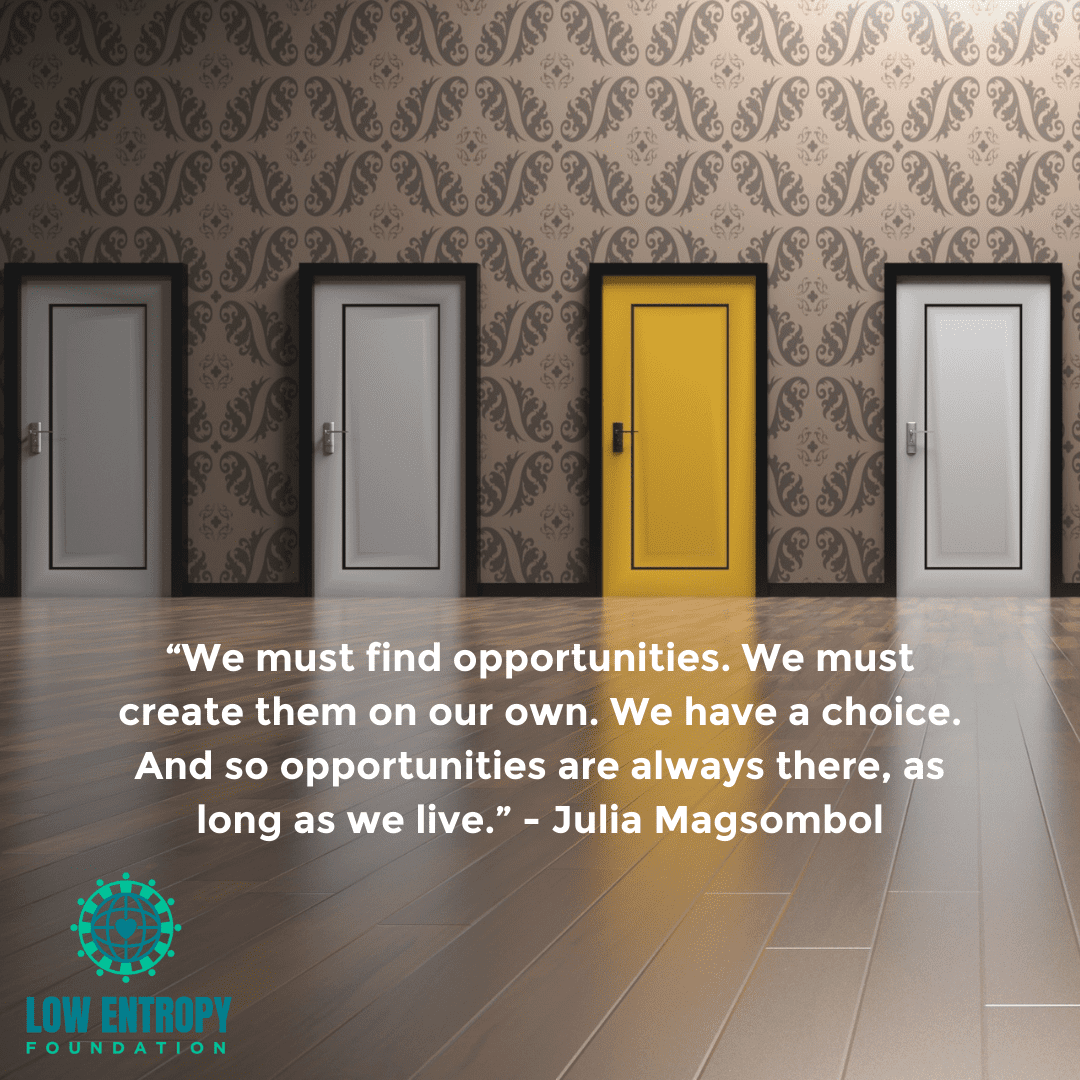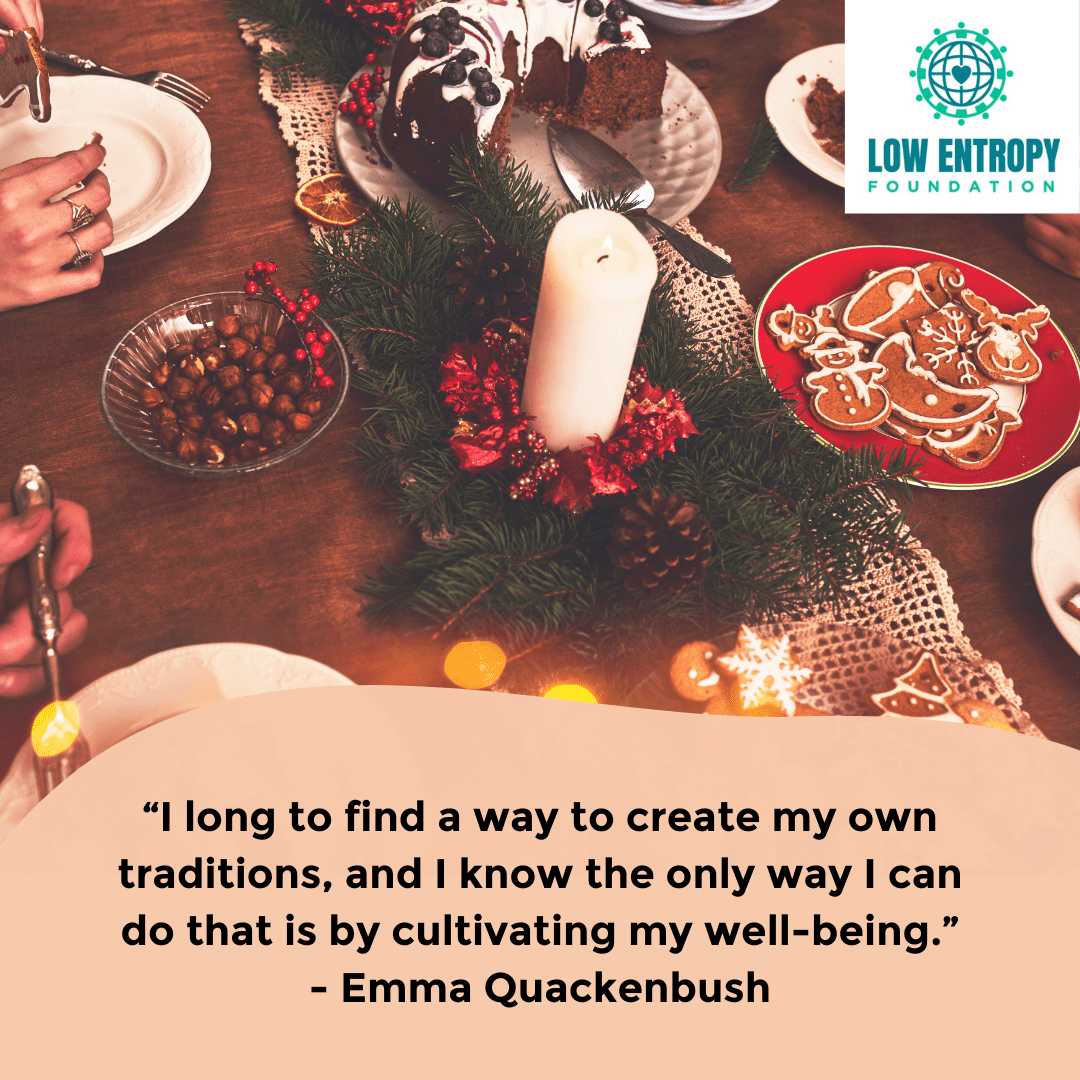Max Rodriguez (she/her/hers), Low Entropy Volunteer Writer
You are meant to be big. Do you see those people on TV? That is going to be you one day . . .
Those are pretty words. I’m not saying that the person who is reading this doesn’t have the chance to become The Next Big Thing, but can we talk about this?
There must be people out there who want to change the world, and there might also be a good number of individuals who want and deserve to be seen. I hope that they find their voice and God have mercy on them, because rising up through society is a hard thing to do.
The people we admire are the product of two things: hard work and opportunity. But let me tell you that the people up there might not be having a blast like the world thinks they are having. The ladder to success is built mostly with tears, sacrifice, rejection, quitting, trying again, giving up, changing your mind, ups, downs, betrayal, help and a lot of patience. You are going against the flow, the status quo, and people may not like that. People are often not kind to new things.
You may have a goal in your life. But you might also feel self-conscious because your life is not like others’. Maybe you were having a great time playing video games with your friends, and then ruined your night because you found out that girl from high school is at a big party or that dude you met is the CEO of a company. And you might think that if you were them instead, you would be happier or your life would be better, but . . . everyone has problems. That girl might have been kicked out of her house or that CEO might have alcoholism issues. Those are stories we don’t like to share on Instagram.
I’ve been there. There was just this constant urge to be perfect. I felt a lot of eyes on me and many people saying, “You are so talented,” “I believe in you,” “I see your name in the rolling credits of the big screen” . . . even though those were warm and motivating things to say, they put so much pressure on me. Suddenly I felt like I was running out of time, like I was getting too old to become a filmmaker (I’m 20, lol). I stopped being a human and became a machine that didn’t sleep and only worked, someone who was always at everybody’s service except my own. I collapsed and became depressed, but those words fueled me to keep pushing and hurting myself for no reason . . . why?
I just wanted to make films! My theory is that my passion convinced everyone that I was shooting for the stars. But right now I work at my college, and I can’t be happier: I have the chance to work in a good environment and take a break from the pressure of trying to join the film industry. I was warned that being a filmmaker was not going to be easy. But my dream was not to become the Next Big Thing, it was just to be behind a camera doing whatever had to be done to keep the show going.
Don’t feel pressured. Be happy, do things that make you, you. When I had my crisis, everyone left my side. But now that I’m recovering and feeling like myself again, people are comfortable around me, and it’s cool because I feel genuine and real. I swear that if you are meant to be something big, the best way to do so is by enjoying who you are and not comparing yourself to others. Take chances, but also be patient and trust the process. And if you’re not meant to go viral worldwide, don’t feel bad . . . who wants to be judged by everyone all the time? You don’t have to be The Next Big Thing to be special, and don’t let anyone force you to be big, because that is not what success means.
—
Max Rodriguez is a Colombian and Canadian who is an unstoppable artist with a strong passion for filmmaking.







